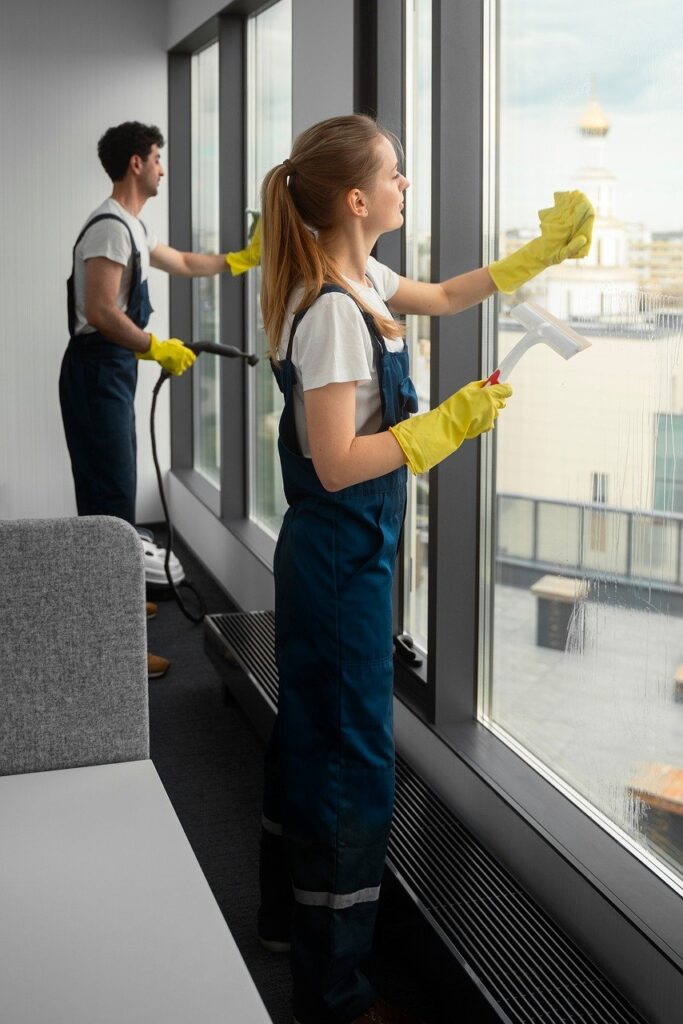When searching for “window tint near me,” finding a local, qualified installer is key to ensuring quality and compliance with regulations. Window tinting can enhance privacy, reduce heat, protect interiors from UV damage, and improve energy efficiency in homes or vehicles. Many professionals offer a range of films, including privacy, security, and ceramic options designed to suit specific needs.
The best window tint installations come from experienced providers who use certified films, offering durability and optimal performance. Reliable services often provide free quotes and personalized consultations to help customers select the right tint for their property or vehicle.
Local shops and national brands alike offer convenient access to window tint solutions with skilled technicians ready to install the film correctly. Whether for a home, office, or car, exploring nearby options ensures timely service and support for maintenance or adjustments.
Finding the Best Window Tint Near Me
Finding a window tint service involves more than locating a shop nearby. The right choice depends on service quality, installer expertise, and coverage areas to ensure the tint film meets specific needs for home, vehicle, or commercial use.
Local Window Tinting Services
Local window tinting providers often offer customized solutions, such as UV protection, privacy films, or security tints. Many include free quotes and consultations to tailor the options to the client’s needs.
Consumers should check for businesses specializing in the type of tint required, whether automotive, residential, or commercial. Reviews and ratings from previous customers provide insight into service quality and reliability.
Choosing a nearby service can reduce wait times and simplify follow-up support. Some shops offer on-site installation for added convenience.
How to Choose a Reliable Installer
A reliable installer should be licensed and certified. Certification from recognized organizations or training academies signals professional standards in installation techniques and product handling.
Clients should verify experience with the specific films they want, such as UV-blocking, safety, or decorative types. Warranty offerings are a strong indicator of confidence in product durability and workmanship.
Clear communication regarding pricing, materials, and timeframe avoids unexpected costs. It is important to confirm the installer uses high-quality films backed by manufacturers.
Service Areas and Coverage
Service areas vary from a single city to wider regional coverage. Some installers specialize in mobile services, delivering on-site window tint installation to homes or offices.
Coverage maps or service listings help determine if an installer can accommodate remote or commercial clients. Larger networks often maintain consistent standards across locations.
Checking if the provider serves both residential and automotive markets can be advantageous for customers needing multiple services in one place. Availability of follow-up support and maintenance services within the service zones is essential.
Benefits and Options for Window Tinting
Window tinting offers practical advantages like enhanced comfort, energy savings, and privacy. It also involves choices influenced by materials, legal limits, and budget.
Types of Window Tint Available
Window tint comes in several types suited for different needs. Dyed film reduces glare and adds privacy but offers less heat reduction. Metalized film reflects heat and strengthens the glass but can interfere with electronics.
Ceramic tint provides superior heat rejection and UV protection without signal disruption.
There are also hybrid tints, which combine dye and metal layers for balanced performance. Tints vary in darkness and color, allowing homeowners to select films based on aesthetic preferences and functional needs.
Legal Requirements and Regulations
Window tint regulations differ by location and are essential to follow for compliance and safety. Laws typically specify the maximum allowable tint darkness as a percentage of visible light transmission (VLT).
Certain windows, like front side or windshield, often have stricter limits or bans. Law enforcement agencies check tint levels during traffic stops to ensure driver visibility is not compromised.
Homeowners and drivers should verify local state or municipal rules before installation to avoid fines or tint removal.
Cost Factors and Pricing
Window tint pricing depends on the type of film, window size, and installation complexity. Basic dyed films cost less but offer fewer benefits, usually priced between $50 and $150 per window for homes.
Higher-end films like ceramic or metalized can range from $100 to $300 per window but provide better heat rejection and durability.
Installation fees and warranty options also affect the total cost. Some providers offer package deals for multiple windows, reducing per-window expenses.



